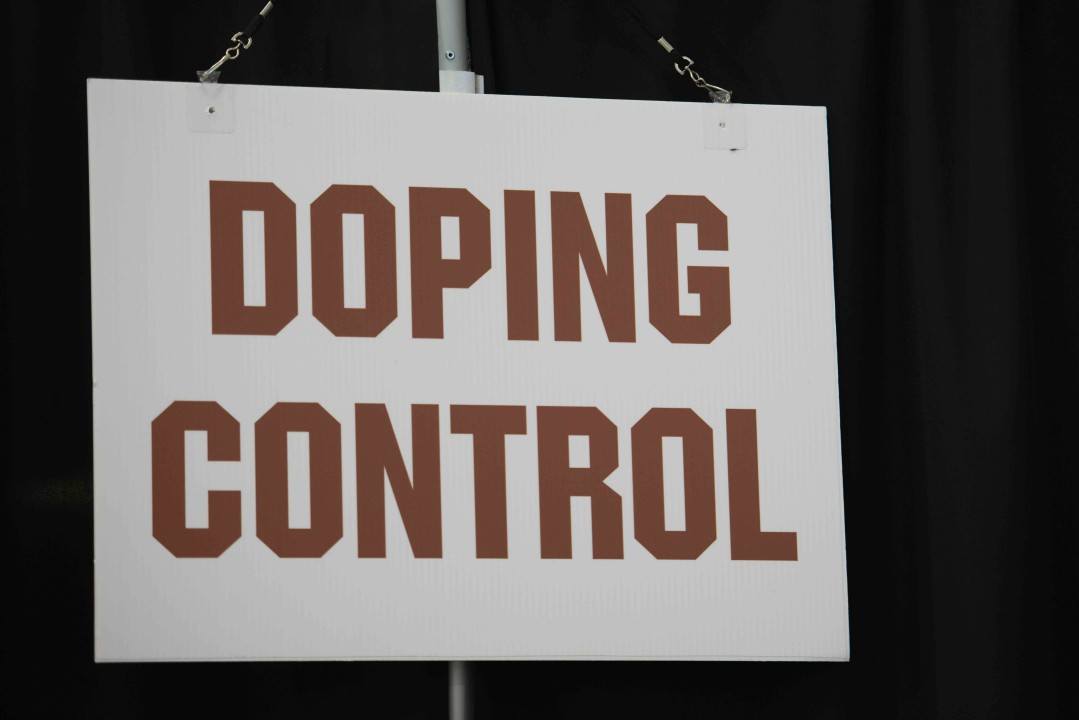To provide a level playing field for all clean athletes at the Olympic Games Rio 2016, the IOC put special measures in place, including targeted pre-tests and the re-analysis of stored samples from the Olympic Games Beijing 2008 and London 2012, following an intelligence-gathering process that started in August 2015.
As part of this process, the IOC today announced that one athlete has been disqualified from the Olympic Games Beijing 2008. The details follow.
Tatiana CHERNOVA, 29, of Russia, competing in the women’s heptathlon event in which she ranked 3rd and for which he was awarded a bronze medal, has been disqualified from the Olympic Games Beijing 2008. Re-analysis of Chernova’s samples from Beijing 2008 resulted in a positive test for the prohibited substance dehydrochloromethyltestosteron
The IOC Disciplinary Commission, composed for this case of Mr Denis Oswald (Chairman), Mr Juan Antonio Samaranch and Dr Ugur Erdener, decided the following:
- The Athlete, Tatiana CHERNOVA:
- is found to have committed an anti-doping rule violation pursuant to the IOC Anti-Doping Rules applicable to the Games of the XXIX Olympiad in Beijing in 2008 (presence and/or use of a Prohibited Substance or its Metabolites or Markers in an athlete’s bodily specimen),
- is disqualified from the women’s heptathlon event in which she participated upon the occasion of the Olympic Games Beijing 2008,
- has the bronze medal, the medallist pin and the diploma obtained in the women’s heptathlon event withdrawn and is ordered to return the same.
- The IAAF is requested to modify the results of the above-mentioned event accordingly and to consider any further action within its own competence.
- The Russian Olympic Committee shall ensure full implementation of this decision.
- The Russian Olympic Committee shall notably secure the return to the IOC, as soon as possible, of the bronze medal, the medallist pin and the diploma awarded in connection with the women’s heptathlon event to the Athlete.
- This decision enters into force immediately.
The full decision is available here.
In order to support the investigations of Prof. McLaren and his team, the IOC ordered a number of targeted re-analyses of Russian athletes’ samples during the course of 2016.
As part of this process, the IOC today announced that one Russian athlete has been disqualified from the Olympic Games London 2012. The details follow.
Maksim DYLDIN, 29, of Russia, competing in the men’s 400m event (round 1 and semi-final) in which he ranked 17th, and in the men’s 4x400m relay event (round 1 and final) in which he and his teammates ranked 5th and for which they were awarded a diploma, has been disqualified from the Olympic Games London 2012. Re-analysis of Dyldin’s samples from London 2012 resulted in a positive test for the prohibited substance dehydrochlormethyltestosterone (turinabol).
The IOC Disciplinary Commission, composed for this case of Mr Denis Oswald (Chairman), Mrs Gunilla Lindberg and Dr Ugur Erdener, decided the following:
- The Athlete, Maksim DYLDIN:
- is found to have committed an anti-doping rule violation pursuant to the IOC Anti-Doping Rules applicable to the Games of the XXX Olympiad in London in 2012 (presence and/or use of a Prohibited Substance or its Metabolites or Markers in an athlete’s bodily specimen),
- is disqualified from the events in which he participated upon the occasion of the Olympic Games London 2012, namely, the men’s 400m event and the men’s 4x400m relay event,
- has the diploma obtained in the men’s 4x400m relay event withdrawn and is ordered to return same.
- The Russian Federation Team is disqualified from the men’s 4x400m relay event. The corresponding diplomas are withdrawn and shall be returned.
- The IAAF is requested to modify the results of the above-mentioned events accordingly and to consider any further action within its own competence.
- The Russian Olympic Committee shall ensure full implementation of this decision.
- The Russian Olympic Committee shall notably secure the return to the IOC, as soon as possible, of the diplomas awarded to the members of the Russian Federation Team who participated in the men’s 4x400m relay event.
- This decision enters into force immediately.
The full decision is available here.
The additional analyses on samples collected during the Olympic Games Beijing 2008 and London 2012 were performed with improved analytical methods, in order to possibly detect prohibited substances that could not be identified by the analysis performed at the time of these editions of the Olympic Games.
For further details, please consult the following factsheet.
The International Olympic Committee is a not-for-profit independent international organisation made up of volunteers, which is committed to building a better world through sport. It redistributes more than 90 per cent of its income to the wider sporting movement, which means that every day the equivalent of USD 3.25 million goes to help athletes and sports organisations at all levels around the world.
News courtesy of the IOC.
